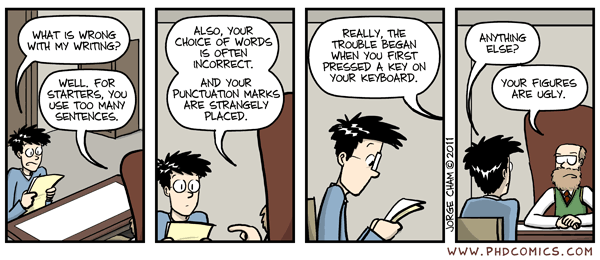
"Piled Higher and Deeper" by Jorge Cham www.phdcomics.com
Preparing for your transfer viva – a mere 10 000 words and a separate 500 abstract.
After a bit of nudging from a few staff @HSC-BU, I thought to write a short on how to prepare for the transfer viva. I had mine in Dec 2012 and these are few things at the time that helped and a few I got the hang of post-viva. By now you should have done an RD6 and 1 Annual Review. These forms, available from your school administrator, help you put down what you are going to do for the next few years (sigh) and how you will ‘physically’ do it (double sigh). When I started my transfer viva, I took (i.e. copy and pasted) a lot of what was in my RD6 research plan and used it as the skeleton in order to write the 10000 words. I then looked at the BU PhD bible – Code of Practice for Resarch Degrees booklet and borrowed a transfer viva from the school admins. The older ones helped me for structure and format. And the same rules apply, be concise and write you abstract last.
The timeline for transfer from MPhil to PhD is usually a year/and a half after you start (or submit your RD6, 24-36months for PT), once you hand it in, after your supervisors are ‘happy’, you will have a month before your viva. Have a chat with your school admin (for HSC, it is Paula Cooper and Sara Glithro), and your supervisors as they will read it, then look for examiners (2), an independent chair and a supervisor (if you wish; I asked mine, you don’t have to, so as to gain feedback, as he also took notes and could comment on my ‘performance’; all towards the final viva). There is a one page form that you and your supervisors need to fill in, hand in duplicates of form and of bound thesis and done. Not quite.
Take it very ‘seriously’, I took it for granted once written and discussed you would carry on the PhD (this is not always the case read the BU PhD bible), the quality of the document and performance in the viva voce matters. It should ressemble as much as possible the ‘final product’. Once you hand in your 10 000 words, read it the week before or the night before. I was really nervous but the best piece of advice I got was ‘go in and talk’ – you know your work the ‘best’: so pretend like you want your best friend to understand your work. A few things I could have done better? Better writing, made sure I did not repeat myself and written it more as a ‘story’. Using power point where each slide helps you plan what you will write. For me the viva was the best time to say this is my work and to gain (brutal) feedback from people from a similar field as it gives you time to plan your final product. One major thing I realised I needed to put my study in context and what it means to ‘science’.
Essentially it looked something like this:
- Title page (Name, Title, Supervisors, School, University)
- Acknowledgements (Thank you to your supervisors, school, funders…)
- Abstract (500 words)
- Table of contents (in a table with invisible borders)
- List of Abbreviations (in a table with invisible borders)
- Introduction (which is your literature review)
- Research Plan: Methodology and justification of method(s) used (your literature review will help here)
- Aim and Objectives – which are drawn from your research question
- Progress to date: Research contribution to the field (a PhD means a new contribution to the field or new tools); Findings (Here – I only included the findings that I had ‘cleaned’ for the final table and I was sure I would be able to discuss if asked) and a discussion of your findings.
- Ethical considerations (Ethics body and in the appendix letter of ethics body);
- Conclusion & future work (what I infer from what is done so far and how it will lead to the next stage).
- Reference list
- Appendix (Tables, survey questionnaire, letters…)
Start with the ‘niggly’ bits, making sure your endnoteTM lets you insert during cite and write (the librarian can help you with this if you haven’t done the course, Emma Crowly for graduate school). So that it should only take a click to insert your bibliography as BU Harvard. I chose headings in the layout so that when I write my final thesis it will be a matter of adding heading and sub-heading titles. So for the table of contents: Use a table from excel or use Home>Headings, e.g. Heading 5. Abbreviations can be sorted with the function ‘sort’ in WordTM.
A few useful resources for writing:
Good luck!
 Last year we ran a series of forums for academic colleagues who are at an early stage in their research career. You can find out more about the September session here
Last year we ran a series of forums for academic colleagues who are at an early stage in their research career. You can find out more about the September session here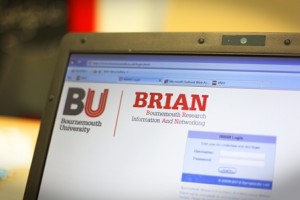






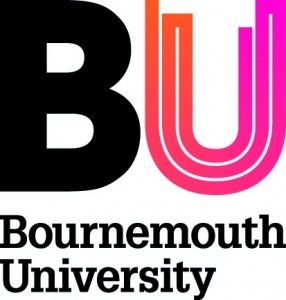


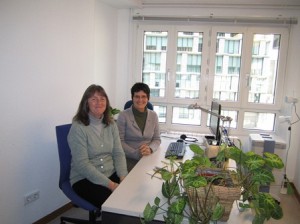
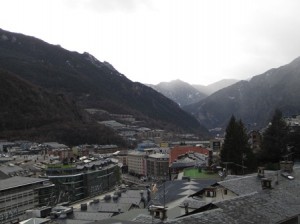












 April’s Café Scientifique – Should we help machines understand and respond to our emotions?
April’s Café Scientifique – Should we help machines understand and respond to our emotions? Postgraduate Research Experience Survey (PRES) 2024 – 2 WEEKS LEFT
Postgraduate Research Experience Survey (PRES) 2024 – 2 WEEKS LEFT Working with The Conversation: online training session – Wednesday 8th May
Working with The Conversation: online training session – Wednesday 8th May Apply for up to £1,000 to deliver an event and take part in a national festival of public engagement with research
Apply for up to £1,000 to deliver an event and take part in a national festival of public engagement with research MSCA Postdoctoral Fellowships 2024
MSCA Postdoctoral Fellowships 2024 Horizon Europe News – December 2023
Horizon Europe News – December 2023